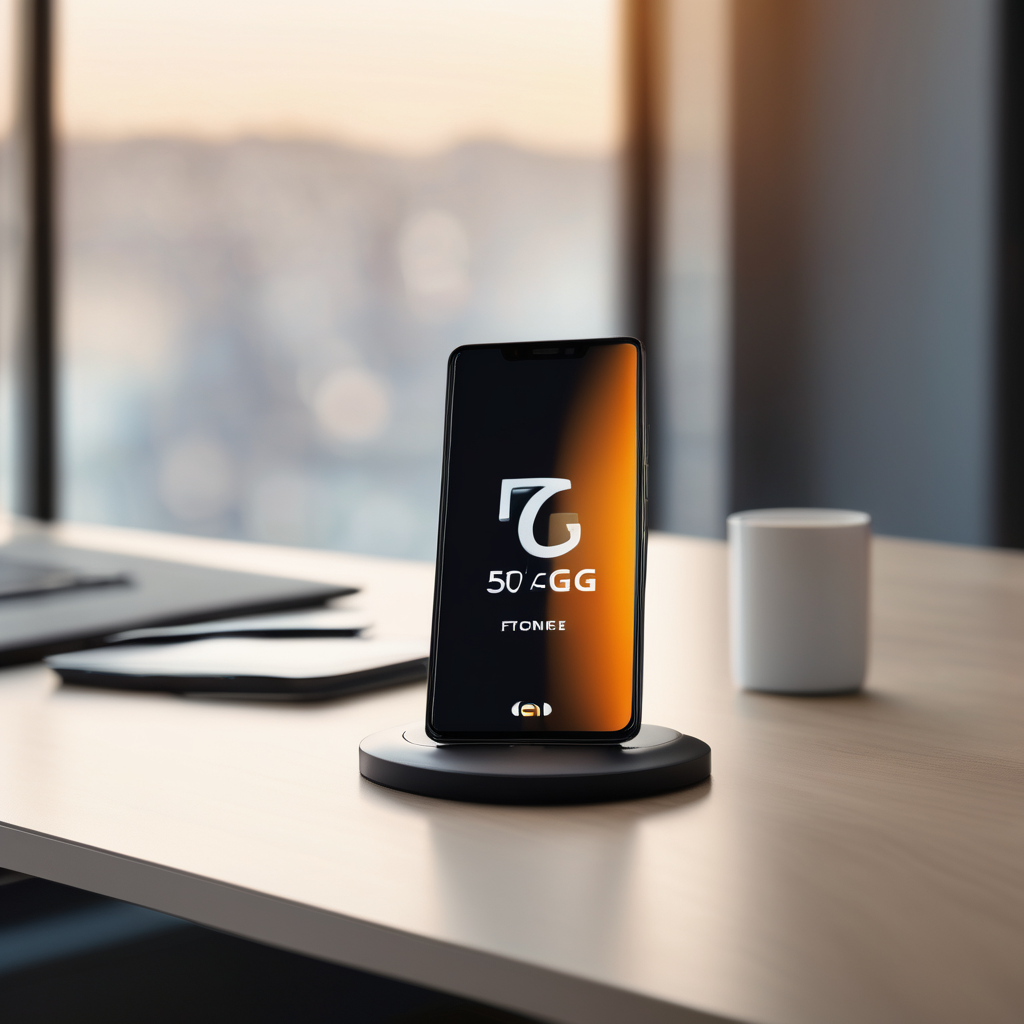Morocco has ushered in a new era of connectivity with the official launch of its 5G network by the three main telecom operators: Maroc Telecom, inwi, and Orange. This significant development is a key component of the nation’s ambitious “Maroc Digital 2030” strategy, which aims to ensure that 25% of the population is connected to 5G by 2026 and 75% by 2030. The initiative emphasizes the importance of digital infrastructure as a catalyst for economic advancement, public service digitization, and national competitiveness.
The timing of the launch is strategic, coinciding with major international events like the 2025 Africa Cup of Nations (CAN) and the 2030 FIFA World Cup, which Morocco will co-host. Enhanced connectivity is anticipated to facilitate logistics, media coverage, and overall visitor experience during these large-scale events.
Both existing and new customers are set to benefit from the 5G service, which requires no SIM card changes or additional fees. Users with compatible smartphones will automatically connect to the new network, which boasts speeds of up to 2 Gbps, lower latency, and improved stability, particularly in densely populated areas.
The National Telecommunications Regulatory Agency (ANRT) previously mandated that operators focus on coverage in the six cities selected to host the CAN, as well as in Laâyoune and Dakhla. Interestingly, the three telecom providers have not only met but exceeded these requirements, further expanding their coverage to other urban centers and popular tourist destinations. A comprehensive rollout is anticipated by the end of 2025, with plans for nationwide coverage by 2026.
Morocco’s deployment of 5G is built on its existing fiber optic and data center infrastructure, showcasing the nation’s ambition to establish itself as a regional technology hub. The successful implementation of this advanced network is expected to spur economic growth and elevate Morocco’s digital landscape, positioning the country as a competitive player in the global digital economy.
